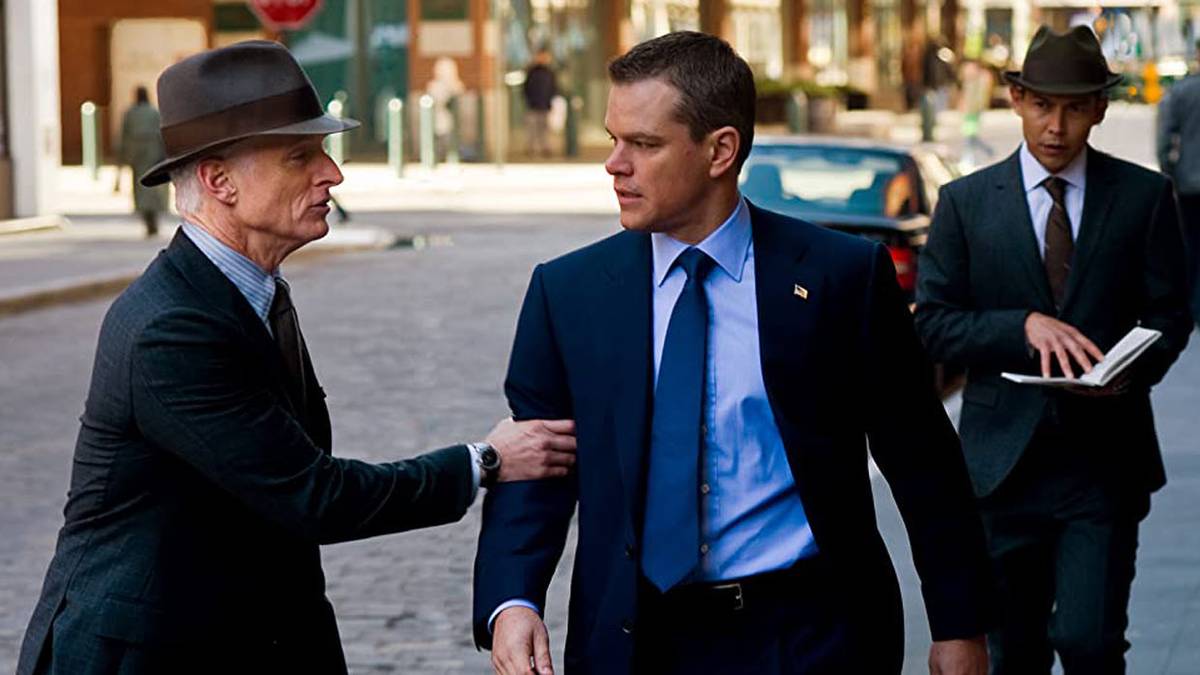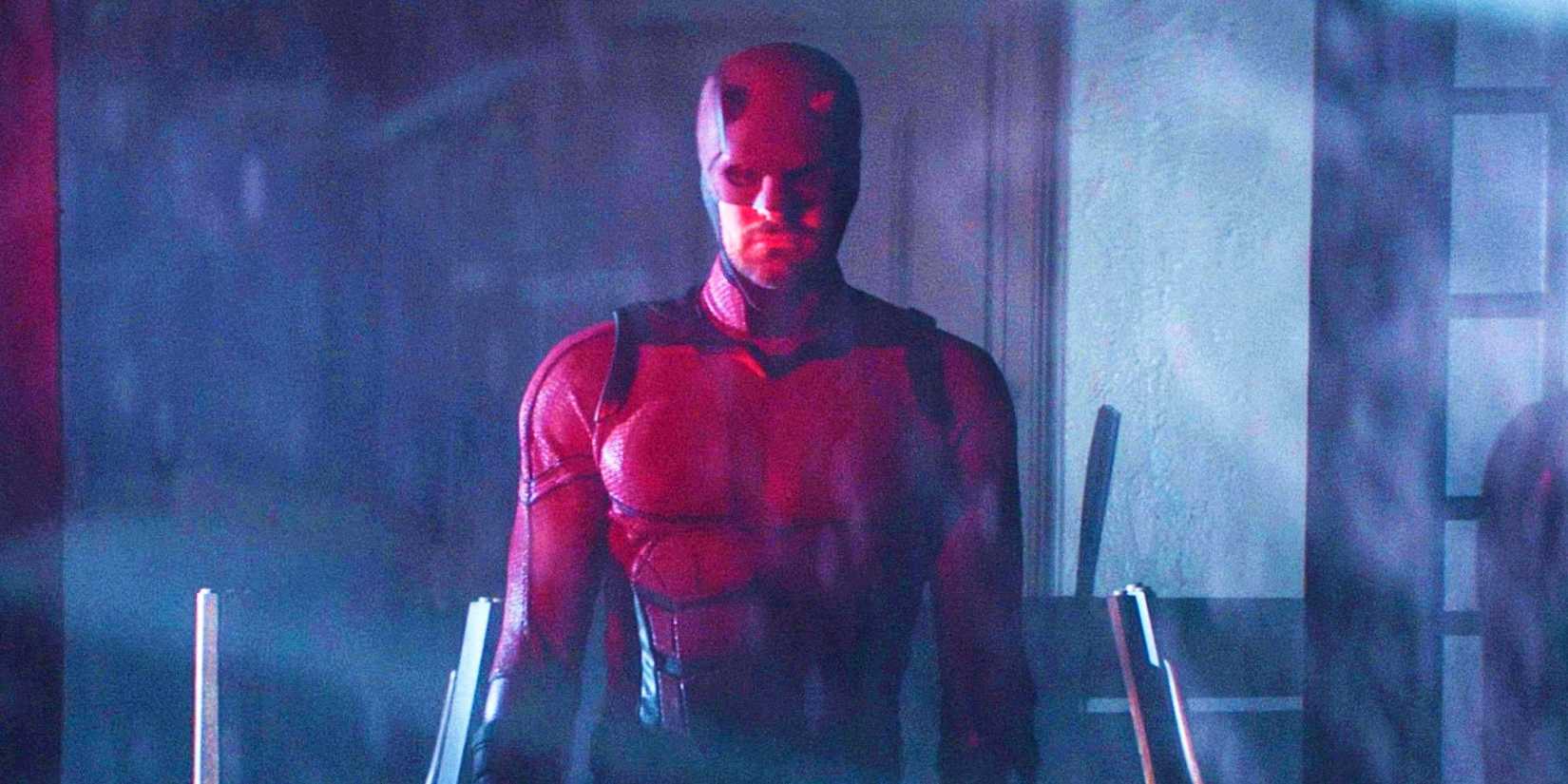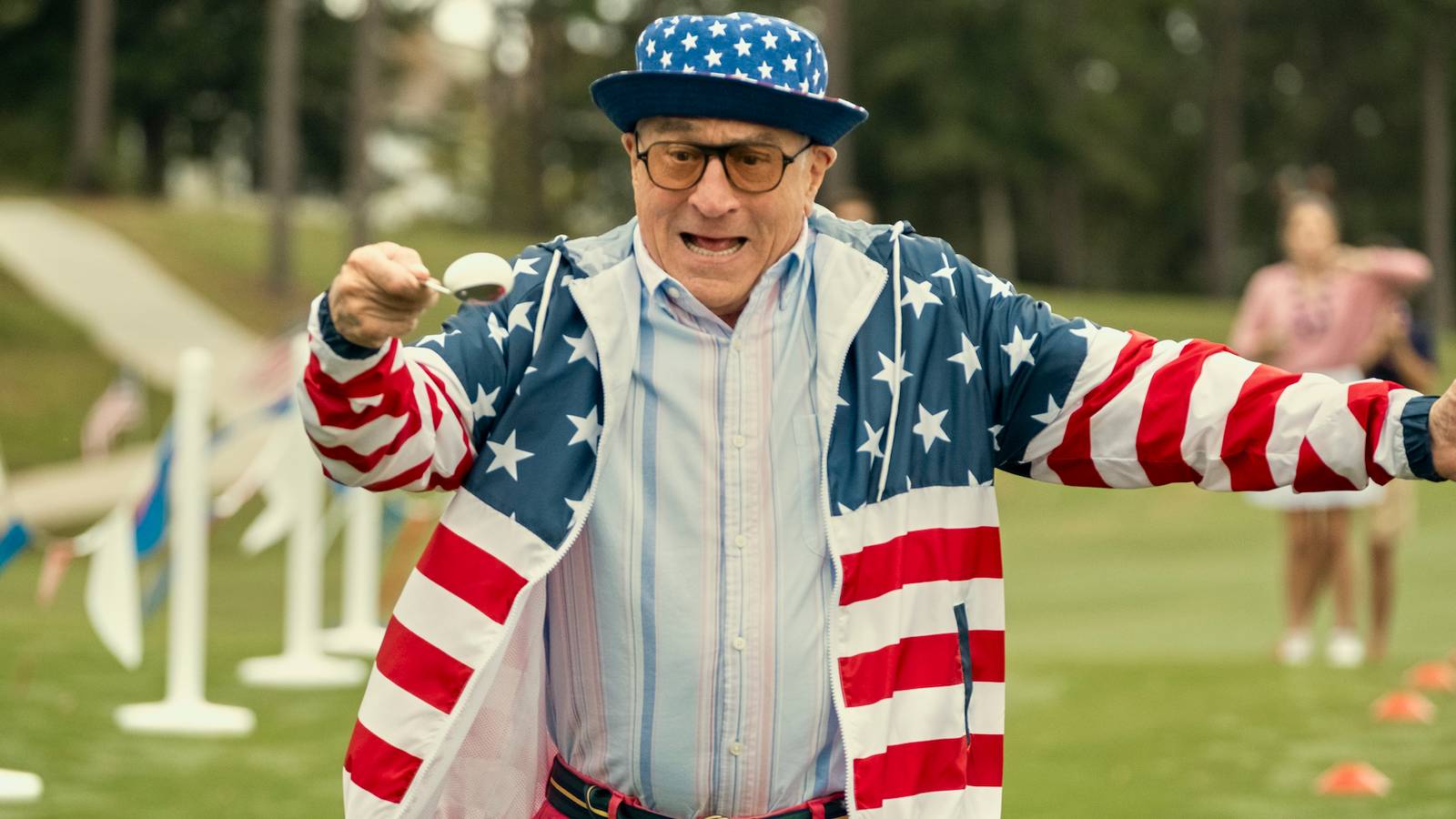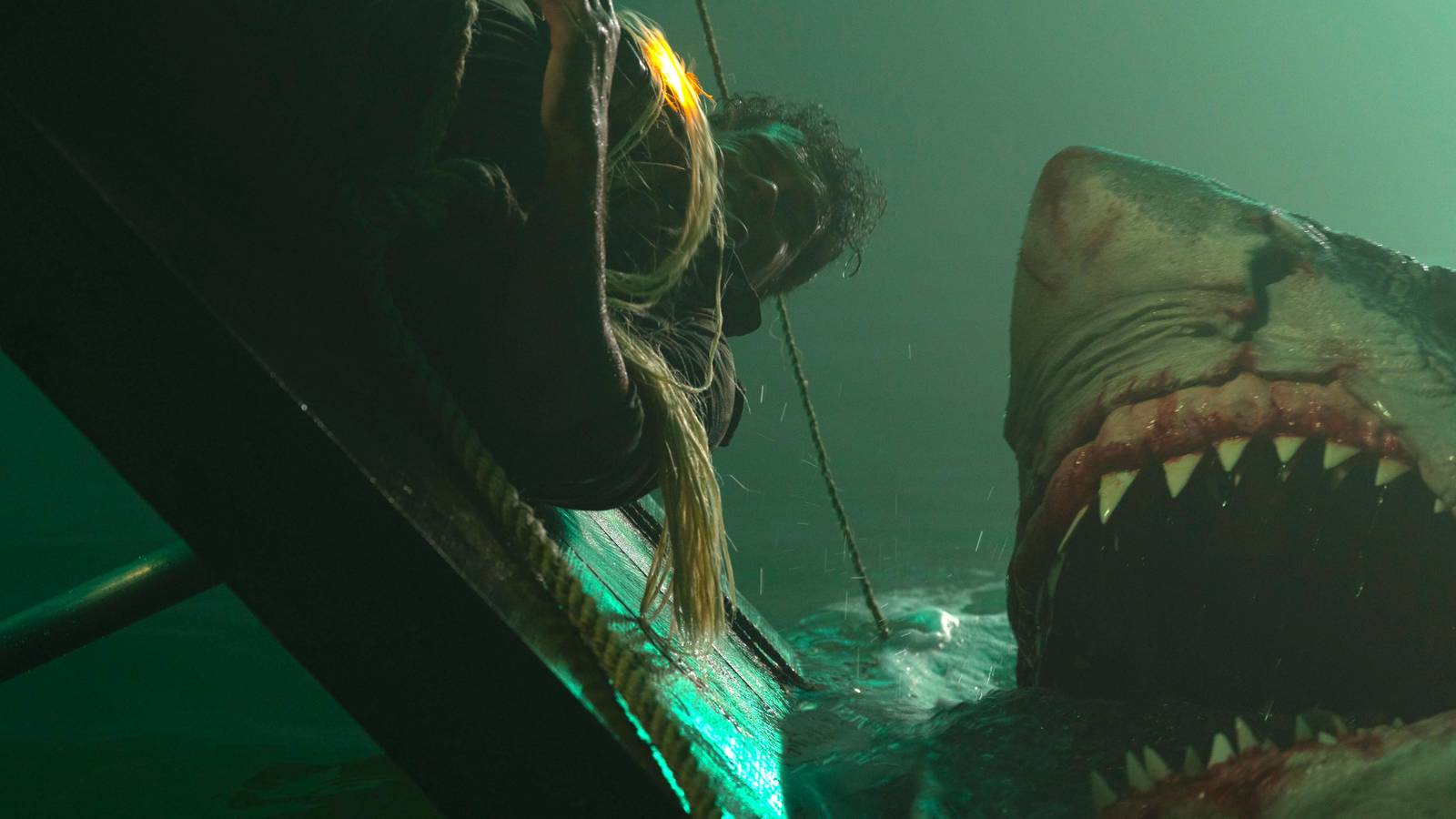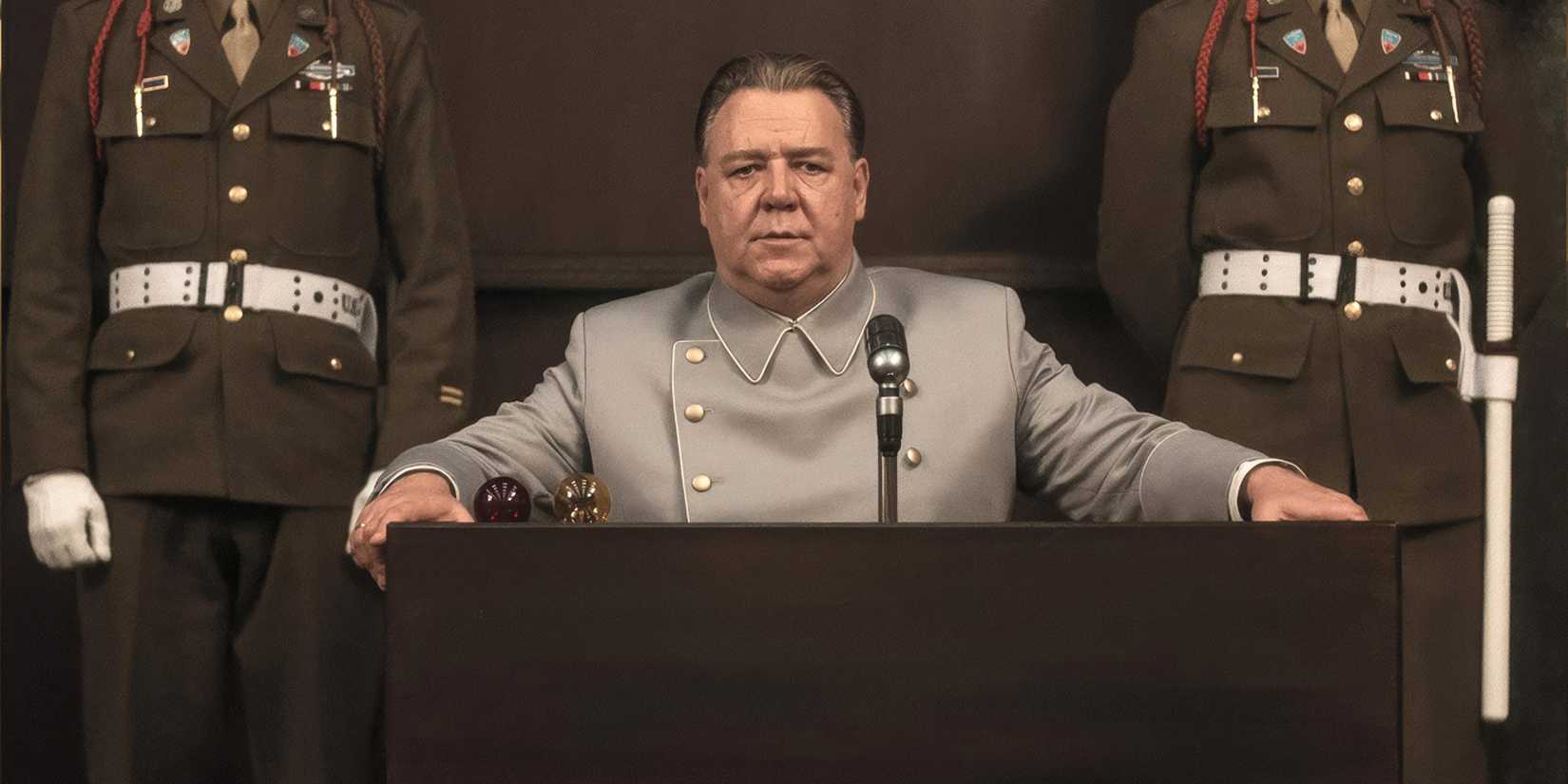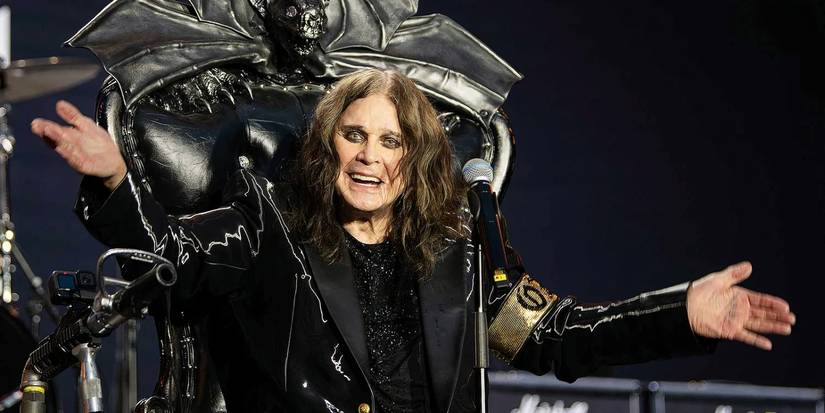Guy Ritchie’s Revolver might be a mess, but it still features arguably Jason Statham’s finest acting moment. After Statham made his action debut in Ghosts of Mars, he has rarely looked back. Occasionally he will branch out to drama or comedy, like 2015’s Spy, but Jason Statham action movies have become a staple genre.
During the 2000s, Statham was still figuring out his screen persona, leading to him taking more risks. This includes Revolver, the twistiest of the Jason Statham and Guy Ritchie collaborations. This gangster thriller cast Statham (complete with fetching hairpiece) as Jake, a gangster seeking revenge on the crime boss responsible for his stint in prison.
Revolver received roundly terrible reviews and grossed just over $6 million worldwide on an estimated $27 million production budget (via Box Office Mojo). It didn’t quite deserve its gleeful critical trouncing, with Ritchie’s film being visually arresting and easily his most ambitious. It also gave Statham some great scenes to work with.
Jason Statham Gave His Best Performance Fighting Himself In Guy Ritchie’s Revolver
A key idea in Revolver is that a person’s ego is their real worst enemy, keeping them fearful and trapped in the same negative patterns. Jake’s journey involves breaking free of his ego, which comes to a head when the claustrophobic gangster finds himself trapped in an elevator and confronting the man in his head.
Now, Revolver’s elevator scene isn’t subtle, with the subtext of a man breaking free of his ego becoming extremely literal. Still, it’s a real acting showcase for the action star, as a calm Jake argues with the overpowering voice inside his own mind.
Statham gets to cycle through any number of emotions as Jake’s inner self, from being nurturing and charming to filled with rage. In the end, Jake does free himself of his “own worst enemy,” which is Revolver’s most powerful moment.
Revolver’s Elevator Scene Shows How Great An Actor Jason Statham Can Be
In the last decade, it feels like Statham just slips into a preset mode. In movies like A Working Man or Mechanic: Resurrection, he’s playing men of few words whose actions (AKA kicking and punching) speak for them. Statham is a natural when it comes to action, though the genre often doesn’t give him much of an acting showcase.
Revolver co-stars Jason Statham and Ray Liotta later faced off again in the critically maligned In the Name of the King: A Dungeon Siege Tale.
That’s in contrast to Revolver, where Ritchie entrusted his leading man with tons of dialogue and big scenes. Revolver’s elevator scene would be tough work for just about any actor, and could easily come off as embarrᴀssing or goofy with the wrong approach.
Statham handles it like a pro, contrasting the energies of the two Jakes while showing off his range. Had the movie been more of a hit, maybe Statham would have gotten offers for more dramatic work from other filmmakers.
Revolver Is Still The Weakest Of Jason Statham & Guy Ritchie’s Collaborations
Listing Revolver’s strengths makes it sound like a must-watch. It’s visually inventive, has a great cast (including Mark Strong and Ray Liotta) and Ritchie injects it with heady themes. Sadly, the film is also a self-serious, pretentious chore at times.
Ritchie’s manner of getting across Revolver’s themes is to dump them into interminable monologues. Instead of making them clear, the lofty, sub-Tarantino dialogue just makes the subtext more confusing. The elevator scene is the clearest distillation of what Ritchie wants to say, as it didn’t feel the need to overexplain things.
It’s a shame Revolver didn’t come together the way Ritchie imagined, because there are moments of greatness sprinkled throughout. It was a swing and a miss, but if nothing else, it proved that Statham can be a dynamite performer when given the chance.
Source: Box Office Mojo



